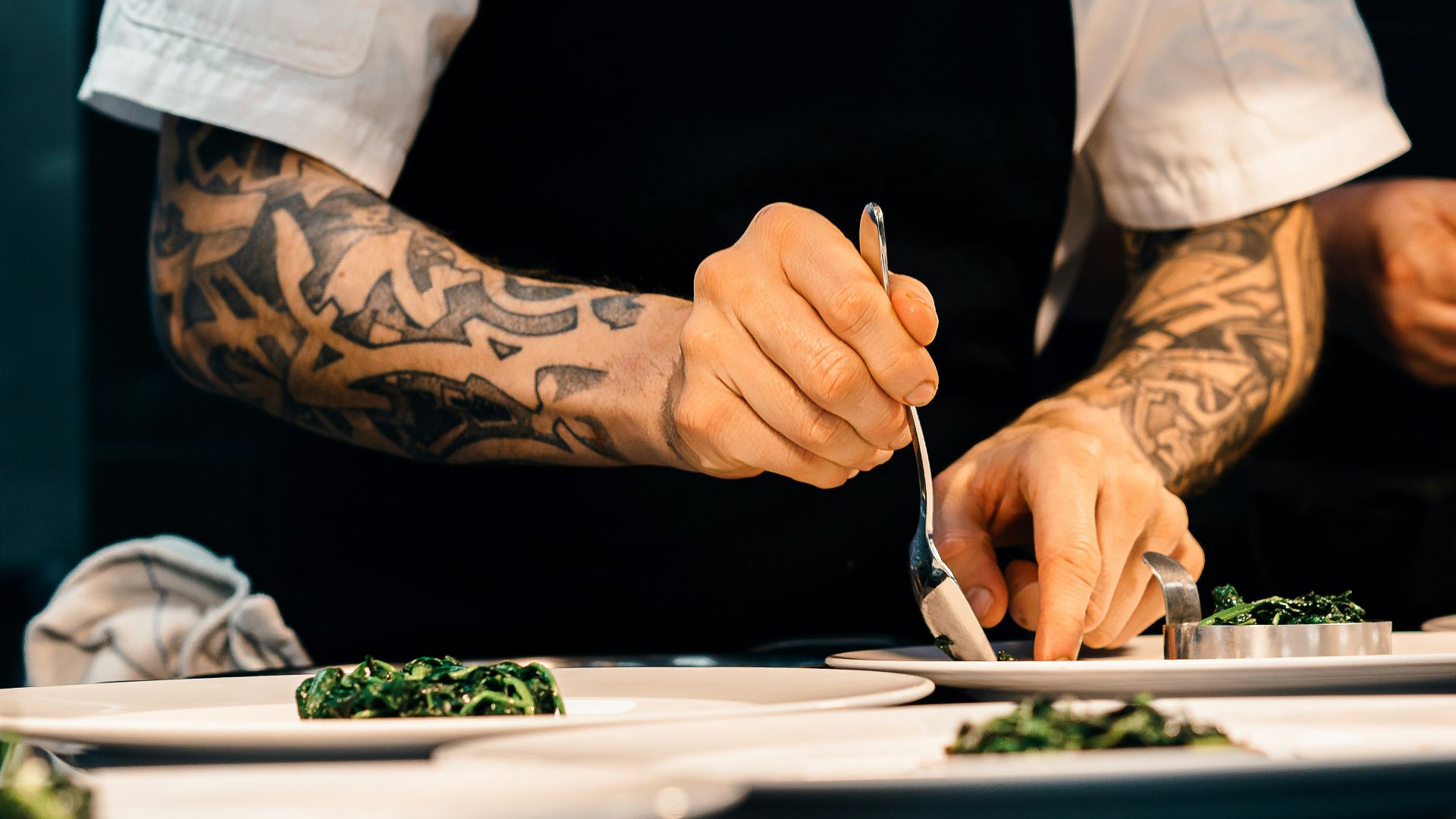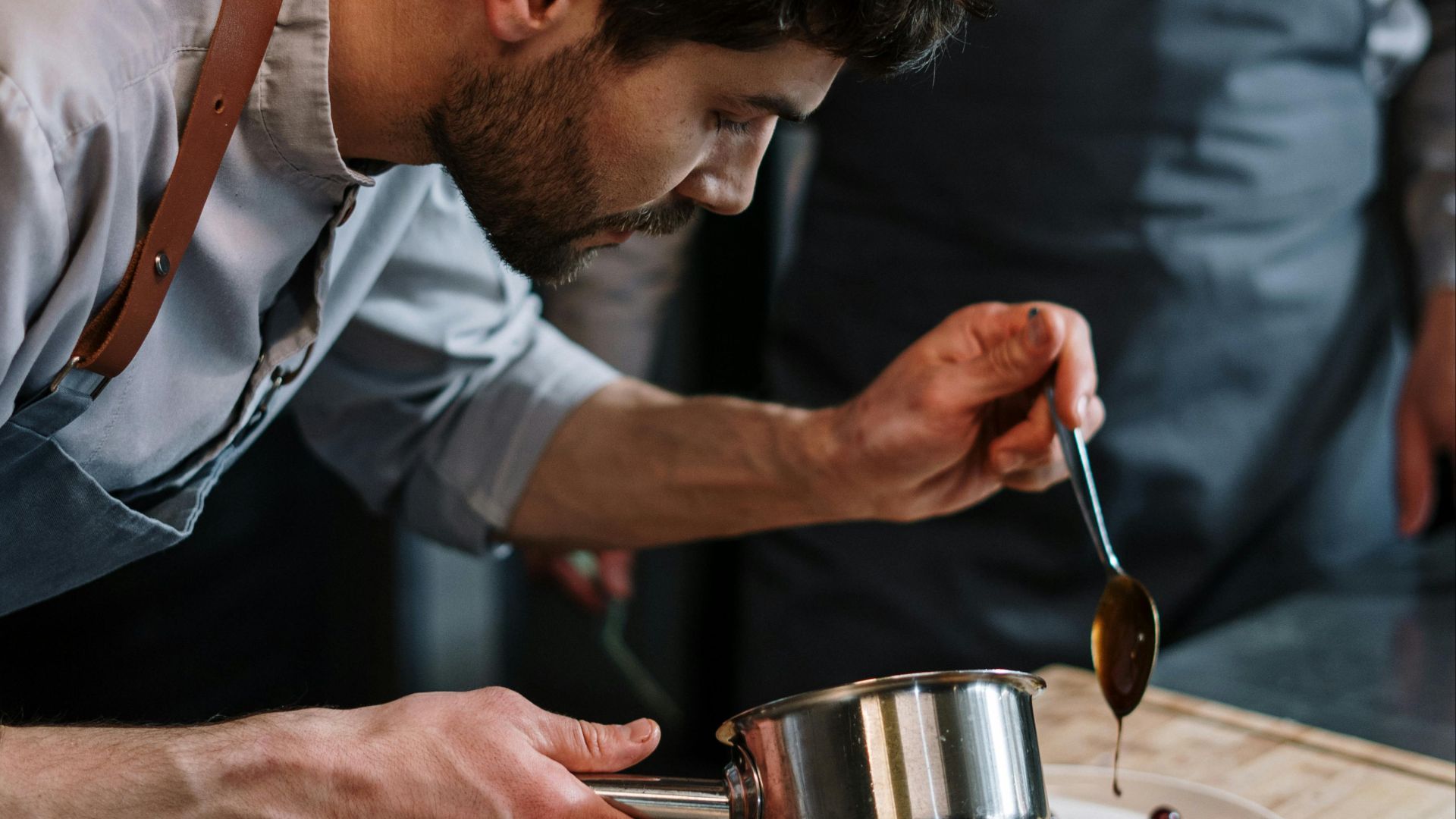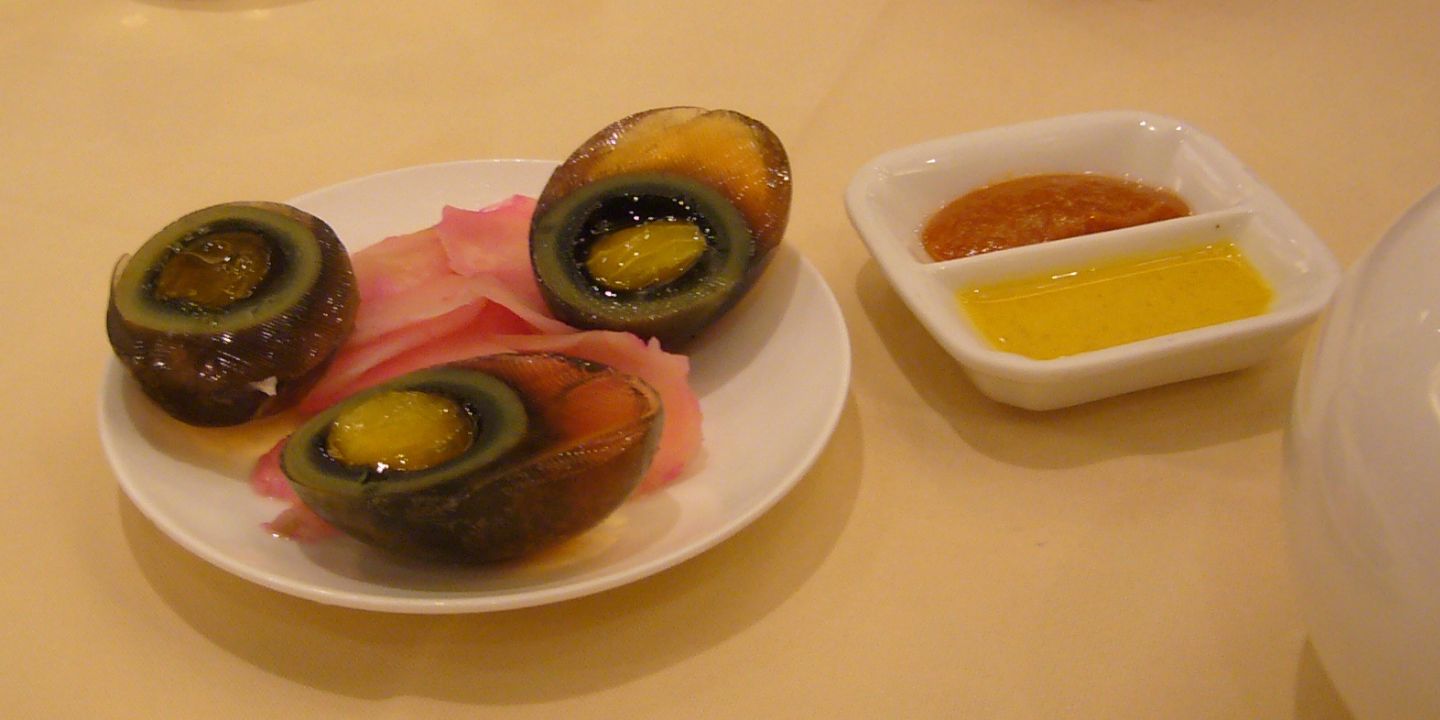There’s that tiny, wonderful moment right between the first bite and the second when a dish tastes better than it has any right to be. You don’t have to be at an expensive Michelin-star restaurant to have these culinary encounters. The signatures are unmistakable: pasta draped in sauce that tastes impossibly rich, vegetables coaxed into something richer than themselves, and the dessert that triggers nostalgia for something you've never tasted before. And we sit there wondering what the chefs are tucking into their pans and whether or not we can get the recipe.
The Umami Boost Hidden in Plain Sight
Most restaurants have a quiet trick tucked into their seasoning routine: a sprinkle of something that doesn’t shout its presence but makes everything else sing louder. MSG slips into broths, gravies, and pan sauces the way a musician might gently adjust an EQ knob. In many professional kitchens, cooks keep a small deli cup or ramekin of MSG on the line, sprinkling it over your dish with the same casual confidence you’d use adding pepper to eggs.
The magic of this secret addition is that you never actually taste the MSG itself. You just taste…more. It gives the dish more savoriness and rounds out the flavor profile already present through the other ingredients. It’s a quiet backstage worker making the star look good.
The Ingredient That Disappears on Purpose
 Sebastian Coman Photography on Unsplash
Sebastian Coman Photography on Unsplash
Chefs love ingredients that vanish when cooked. Anchovies are the reigning champion as far as this technique goes. They surrender to heat without resistance, bleeding into oils, and folding into sauces like secrets, leaving no fishy trace of itself. Add one tiny fillet to tomato sauce, and suddenly the sauce feels richer and deeper somehow.
There’s a reason Caesar dressing tastes incredible in restaurants but oddly flat at home. A chef will often mash anchovies right into the base without a second thought. That fishy intensity so often rejected on its own terms becomes the backbone of everything else with its salty savoriness.
The Drop That Fixes Everything
Fish sauce is the secret most home cooks tiptoe around because of how bold the bottle smells. The reality is that chefs use it liberally with the confidence born of experience; they know it’ll disappear beautifully once it’s hit with some heat. Just a few drops, and a soup develops some structure and becomes something substantial. With a little splash, even tomato sauce turns unexpectedly complex, shifting from a single note in the recipe to part of a symphony of flavors.
It’s liquid umami. A tiny bit turns a flat dish into something layered without adding a distracting fishy aftertaste.
The Butter That Goes a Shade Too Far
If there’s one fragrance that makes chefs quietly smug, it’s the nutty, toasted smell of butter just as it shifts in the pan from yellow to golden to brown. Browned butter turns simple dishes into show-offs, elevating home-cooked pasta from a comfort food to something luxurious that belongs in a restaurant with cloth napkins. Even plain Jane roasted vegetables develop a richer, roasted edge.
It’s the kind of trick that feels almost like cheating. One minute the dish is middling, and the next minute it’s unforgettable—all from letting butter cook 30 seconds longer than your instincts tell you.
The Splash That Wakes Everything Up
When things taste heavy, or middlingly dull, chefs don’t reach for more salt; they reach for acidity—vinegar being the secret MVP. Sherry vinegar, red wine vinegar, or even a tiny splash of the cheap stuff hiding behind the olive oil in your pantry will do wonders for a one-dimensional dish. A few drops brighten the whole plate the way opening a window transforms a stale room.
If you’re worried about ruining your meal, just know that a little acidity doesn’t make things sour; it makes them vivid. It cuts through fat like a knife, prevents it from coating your tongue, all the while making sweet taste sweeter and giving salt a complexity you didn’t realize was possible.









